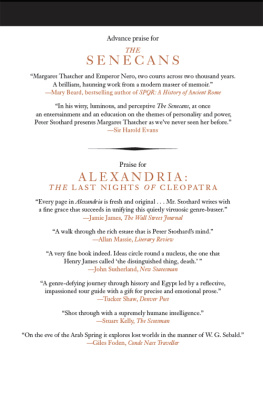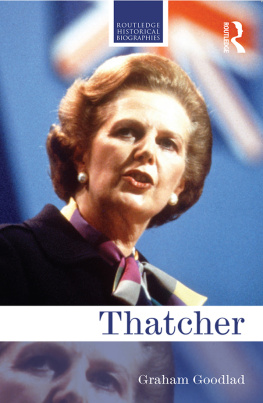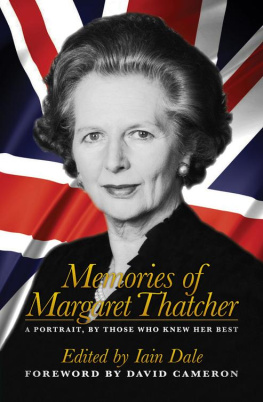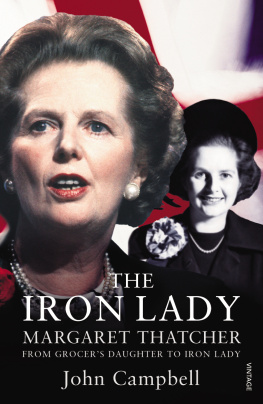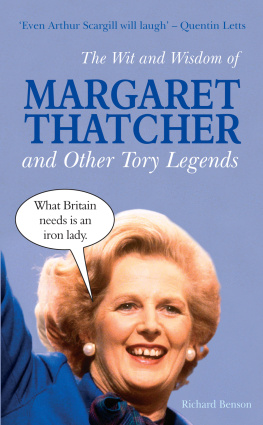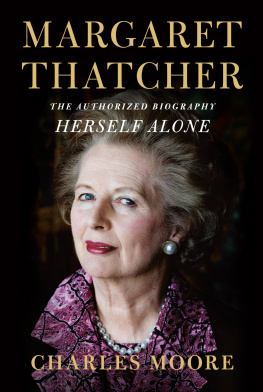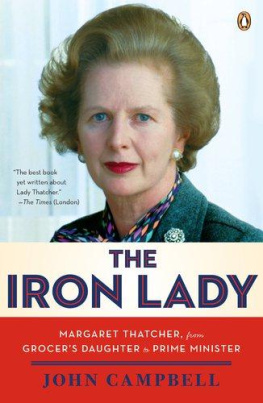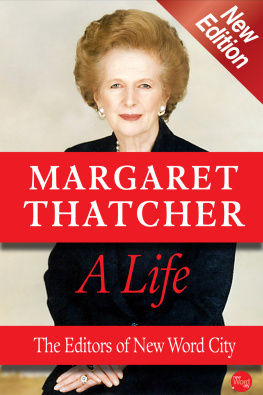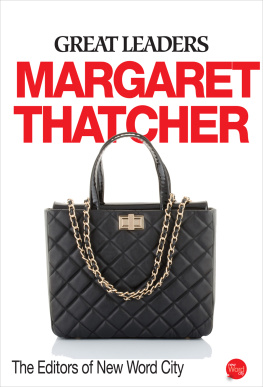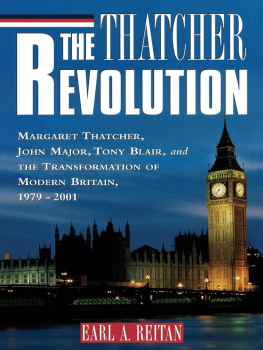This edition first published in hardcover in the United States and the United Kingdom in 2016 by Overlook Duckworth, Peter Mayer Publishers, Inc.
N EW Y ORK
141 Wooster Street
New York, NY 10012
www.overlookpress.com
For bulk and special sales, please contact ,
or write us at the above address
L ONDON
30 Calvin Street
London E1 6NW
www.ducknet.co.uk
Copyright 2016 by Asp Words
P ICTURE C REDITS : Estate of Zsuzsi Roboz/Messums
All rights reserved. No part of this publication may be reproduced or transmitted in any form or by any means, electronic or mechanical, including photocopy, recording, or any information storage and retrieval system now known or to be invented, without permission in writing from the publisher, except by a reviewer who wishes to quote brief passages in connection with a review written for inclusion in a magazine, newspaper, or broadcast.
ISBN: 978-1-4683-1343-7
PETER STOTHARD
THE
SENECANS
Four Men and Margaret Thatcher

with 40 b/w photos and illustrations
A year after the death of Margaret Thatcher, a young historian arrives to ask Peter Stothard, Editor of the Times Literary Supplement and former Editor of The Times, some sharp questions about his memories of the Thatcher era. During the interview the offices from where he long observed British politics are being systematically flattened by wrecking balls. From the dust and destruction of a collapsing newspaper plant emerge portraits of the Senecans, four of the men who made the Thatcher court so different from that of her successors. As well as love of Britains first female Prime Minister they shared strange Latin lessons in a crumbling riverside bar. They took their name from their taste for the work of Lucius Annaeus Seneca, a pioneer writer from Cordoba in Roman Spain, a philosopher, courtier and acquirer of massive wealth from the age of the Emperor Nero.
Blending memoir with ancient and modern politics in the manner of his acclaimed diaries, On the Spartacus Road and Alexandria, Peter Stothard sheds a sideways light on Margaret Thatchers believing age, a personal picture of our recent history. In finally identifying his interviewer he also answers questions about his own literary and political journey.
30 Days
Spartacus Road
Alexandria
To Cordoba
FOUR MEN AND MARGARET THATCHER

David Hart (1944-2011): educated at Eton College; film-producer; property developer; political adviser; arms industry lobbyist; farmer; playwright; novelist

Frank Johnson (1943-2006): educated at Shoreditch Secondary Modern; journalist for the Sunday Express, Daily Telegraph and The Times; parliamentary sketch-writer; editor of The Spectator (1995-99)
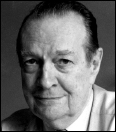
Sir Ronald Millar (1919-98): educated at Charterhouse and Kings College, Cambridge; actor; playwright; writer of musicals; Hollywood screenwriter; speechwriter

Margaret Thatcher (1925-2013): educated at Kesteven and Grantham Girls School and Somerville College, Oxford; research chemist; barrister; politician; British Prime Minister (1979-90)
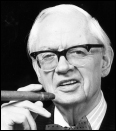
Lord (Woodrow) Wyatt (1918-97): educated at Eastbourne College and Worcester College, Oxford; Labour politician; Conservative newspaper commentator; businessman; playwright; political adviser; diarist

Quintus Metellus Pius was so anxious for his deeds to be praised that he consulted poets from Cordoba even though their Latin came with a foreign accent
C ICERO In defence of Archias, 62 BC
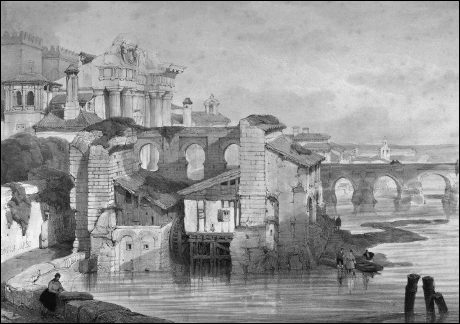
Puente Romano, Cordoba

5.9.14
Believe me. I was serious twelve years ago when I said that I was going to stop writing about politicians, stop forever the laptop key in my head that predicts a T into Thatcher, an M into Major, a B into Blair. I made a promise to myself when I stopped being the Editor of The Times. I promised to go back to what I did before I was a journalist at all, back two thousand years to books and cities of books, to Naples, Alexandria and here, beside a Roman bridge over slow, brown water, in Roman Spain. There seemed no reason that Margaret T, her heirs and successors, would ever trouble me again. Twenty-five years with them was enough.
I meant it too when I said I was never going to write one of those memoirs of the print trade that I have occasionally enjoyed. Last week by the River Thames, when I left Thomas More Square for the last time and came here to Cordoba, there were lives like mine all over my floor. Turn right out of the lifts on Tower Three, Level Six: turn ten yards along the carpet tiles, and there you would have found them, pages and pages of Born, Learnt, First Break, First onto Fleet Street, scoops, scrapes, prizes, always more success than failure, often successes that would have been even greater if some greater betrayal had not occurred.
Last week all these books, the kind I always said I would not write, were waiting for packers to take them to the Oxfam shop nearest to London Bridge. This week Dogs and Lampposts, by my fellow editor, Richard Stott, and dozens of others, by friends and the not so friendly, are safely under charitable supervision, looking for good new homes.
So no, my life is now different. I edit the Times Literary Supplement, the TLS, a very different kind of paper. Over four decades I have been a critic, reporter, a writer of opinions, an editor, and now I am almost a student again. When I arrived yesterday at this caf table by the Guadalquivir river, my aim was to finish a book which stars an ancient Roman, a writer who was born in Cordoba around the time when BC turned to AD. Lucius Annaeus Seneca was his name, sometimes Seneca the Younger because his father too lived and wrote here and lived off the profits of olives as everyone here always has.
Why Seneca? He wrote books which were important to me both when I was a journalist and before. He was a politician who wrote plays, or a playwright who played politics (people still argue which came first), or maybe he was even more important as a philosopher. Cordoba has been a city of words and power for longer than anywhere west of Rome, one of the earliest homes for poets paid to make virtues more renowned, a first base for flatterers with foreign accents.

